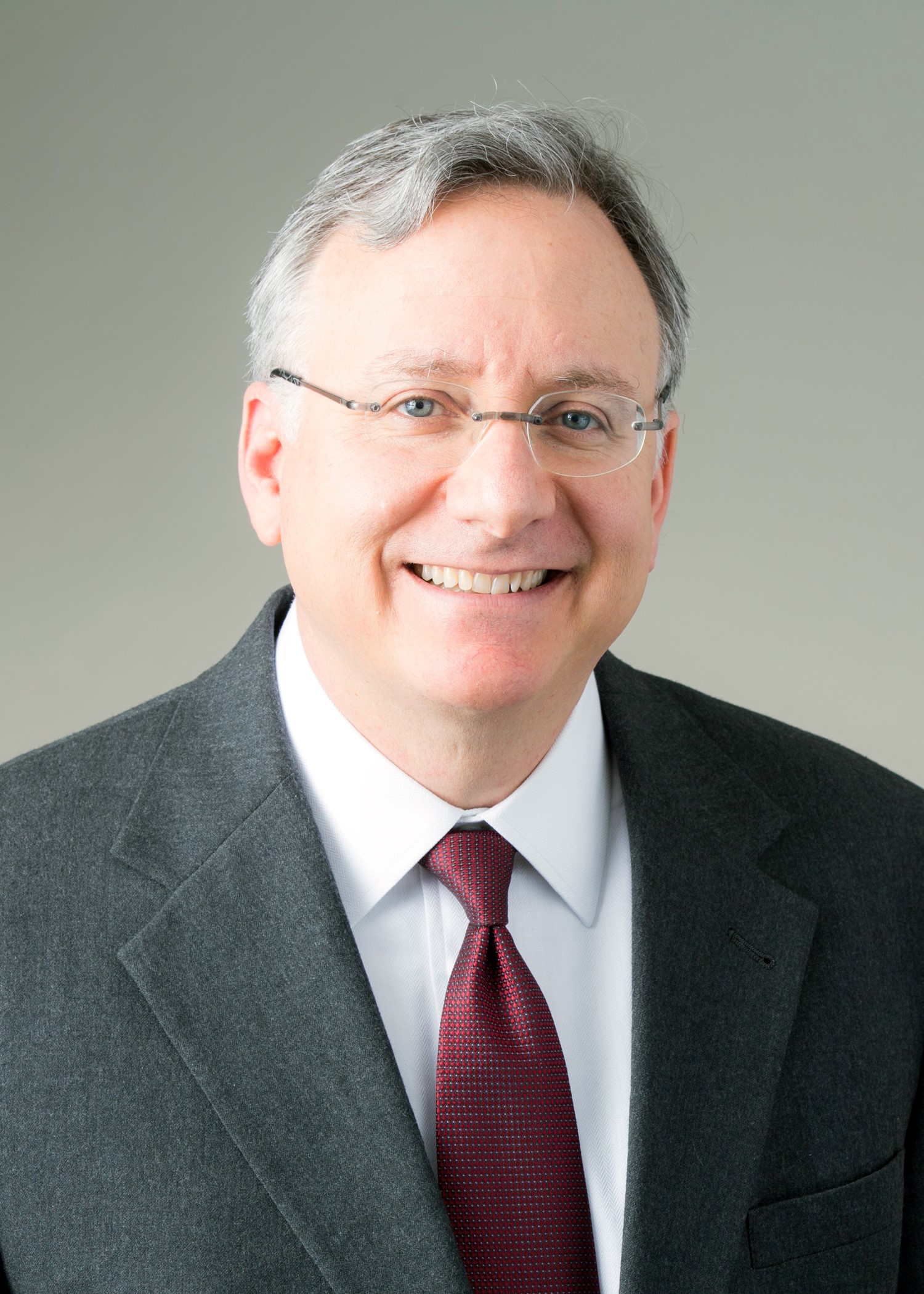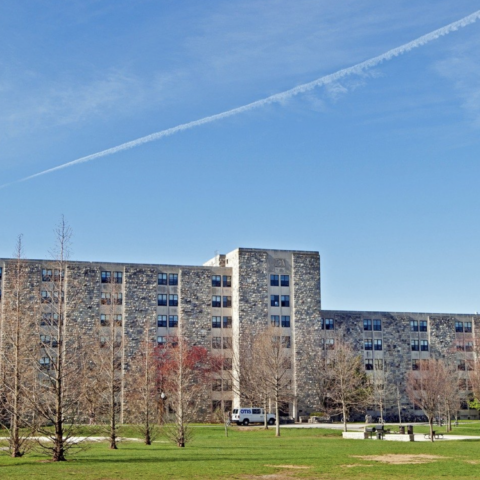 It may sound scary now, but years down the road the leadership of our state and country will be entrusted, in part, to some of your fellow students here at the University of Georgia. Perhaps you will share a table at Bolton with a future state senator, or maybe a machine at Ramsey with a future U.S. ambassador. Want proof? Look no further than Ambassador David Adelman. After graduating from the University of Georgia in 1986, Adelman spent 16 years as an attorney before his election to the Georgia State Senate in 2002. He spent over seven years in the Georgia Senate, where he represented the 42nd District and served a stint as minority whip. He left the Senate in early 2010 when he was confirmed as the United States’ ambassador to Singapore, a position he held until 2013. During his time as ambassador, Adelman vigorously worked to promote American exports not just in Singapore but in all of Southeast Asia. His success in this endeavor earned him widespread praise and numerous awards, including the United States Navy Distinguished Public Service Award. Today, he is back in the practice of law at Reed Smith LLP and his client list includes high profile firms like Goldman Sachs. GPR recently had a chance to sit down with Ambassador Adelman for an interview.
It may sound scary now, but years down the road the leadership of our state and country will be entrusted, in part, to some of your fellow students here at the University of Georgia. Perhaps you will share a table at Bolton with a future state senator, or maybe a machine at Ramsey with a future U.S. ambassador. Want proof? Look no further than Ambassador David Adelman. After graduating from the University of Georgia in 1986, Adelman spent 16 years as an attorney before his election to the Georgia State Senate in 2002. He spent over seven years in the Georgia Senate, where he represented the 42nd District and served a stint as minority whip. He left the Senate in early 2010 when he was confirmed as the United States’ ambassador to Singapore, a position he held until 2013. During his time as ambassador, Adelman vigorously worked to promote American exports not just in Singapore but in all of Southeast Asia. His success in this endeavor earned him widespread praise and numerous awards, including the United States Navy Distinguished Public Service Award. Today, he is back in the practice of law at Reed Smith LLP and his client list includes high profile firms like Goldman Sachs. GPR recently had a chance to sit down with Ambassador Adelman for an interview.
GPR: Now that you are out of the political realm and back in the public sector, do you ever see yourself returning to politics?
Adelman: I believe that there are many ways to serve your country, and I don’t know if my days as an elected official are numbered. I look forward to continued public service, even if it is from the private sector. I think that there is value in “rotating the crops”, so to speak, and getting new faces into office.
GPR: You’ve been recognized by several government organizations for your work promoting American exports in Southeast Asia. What strategies made you so successful? What strategies did you use that you would like to see implemented elsewhere in the Foreign Service?
Adelman: We had success because we approached export promotion on a regional basis. It came largely as a result of strong cooperation and teamwork between all American embassies in Southeast Asia. I would hope that the regional approach to commercial diplomacy becomes a model for all American diplomats. Historically, we have worked on a bilateral basis for export promotion, but we would be well served looking at it regionally.
GPR: In 2004 a free trade agreement between the United States and Singapore went into effect. Other free trade agreements, notably NAFTA, have had controversial effects in the years after their signing. Do you see our agreement with Singapore as a success for the United States? Why?
Adelman: It has been a great success story. Current trade volume between the two nations is over $50 billion per year, and we see an impressive trade surplus year in and year out. FTAs are challenging because benefits for the United States are evenly distributed over the American economy. Special interest groups are narrowly focused and organized around protecting American markets; therefore, they can make congressional politics treacherous. Free trade generally benefits the United States because we produce the highest quality products. 95 percent of the world’s people and 70 percent of its purchasing power are located outside of the United States and American exporters need help reaching these markets. The politics of free trade often makes for strange bedfellows. President Obama enjoyed overwhelming support from congressional Republicans on the Trans-Pacific Partnership and numerous FTAs. President Clinton also enjoyed overwhelming bipartisan support for the passage of NAFTA. Because of this bipartisan cooperation, FTAs can be happy political stories.
GPR: In 2012 you had the opportunity to travel on a mission to Naypidaw, Myanmar. In the first year after the military junta, which ruled for almost 50 years, relinquished control, what were the political and social climates like? How were you treated as a representative of the United States?
Adelman: Myanmar, formerly known as Burma, was at one time the most prosperous country in Southeast Asia and is now one of the poorest in the region. When I made the trip there, Myanmar had just emerged from effective isolation. We were received favorably and enthusiastically. The government of Myanmar was eager to attract American direct investment and enjoy goods and services from corporations with representatives in our envoy including Caterpillar, General Electric, and Johnson & Johnson. It is difficult to become an overnight participant in the global economy and the country has, for a long time, been excluded from what the global economy has to offer. It will take some time but I am optimistic about the country’s development. Myanmar boasts tremendous natural resources, both agricultural and mineral, as well as industrious and warm people. There are still some human rights concerns which need to be watched closely, including ethnic violence and the persecution of the nation’s Muslim population.
GPR: What is the daily life of an ambassador like?
Adelman: There is no easy way to describe a typical day. Some posts focus on security, some on trade and investment, others on people to people exchanges; it really varies with region. Singapore is an important place for security, business, American education, and the success of American culture, so I was involved in diplomacy on all three fronts. There is a significant U.S. Navy presence in the country as well as 25,000 American expatriates. Although they are not a treaty ally, they are a good friend of the United States and we enjoy a strategic partnership and work closely on anti-piracy issues. My goal there was to deepen friendship and institutionalize an already existing robust economic partnership. I believe it is the highest privilege any American could have to represent America in an important place in the world.
GPR: You spent over seven years in the Georgia State Senate. National attention was recently called to the Georgia State Legislature with the passing and implementation of House Bill 60, which is often referred to as the “guns everywhere” bill by its critics. It garnered support from some Senate Democrats, including your successor from the 42nd district and 2014 gubernatorial candidate Jason Carter. As the former minority whip, did this surprise you and do you have a strong opinion on the bill?
Adelman: I haven’t personally read or studied the law. I’ve only seen news reports. The 2nd Amendment requires tricky balance. My record in Georgia favors sportsman’s issues but I think that common sense laws for firearms are needed. Concealed carry laws are often controversial, as well as high volume magazines for automatic weapons. I have a moderate record on these issues. Daily compromises are necessary in the Senate and we shouldn’t let the perfect be the enemy of the good. Mass murders should cause people to step back and consider the impact of the proliferation of guns in the United States. Common sense lawmakers need to strike the right balance.
GPR: What did you do while you were at UGA that best helped you prepare for a future in law and politics?
Adelman: I had a wonderful UGA undergraduate experience. My success in and enjoyment of Professor Carter’s political science course and Professor Lee’s communication law course made me decide to go to law school. I really enjoyed the diversity on campus and the opportunity to interact with people from all walks of life. The full range of course offerings and extracurriculars on a large campus are conducive to future success in politics and diplomacy. I met my wife there and I think of UGA as a very special place.
GPR: Were you still able to watch the Dawgs play football half way around the world in Singapore?
Adelman: Not every game. There is a 12 hour time difference between Athens and Singapore which made it challenging. There is no substitute for being in Sanford Stadium.
– By William Brockman/Photo Credit: William Brockman


